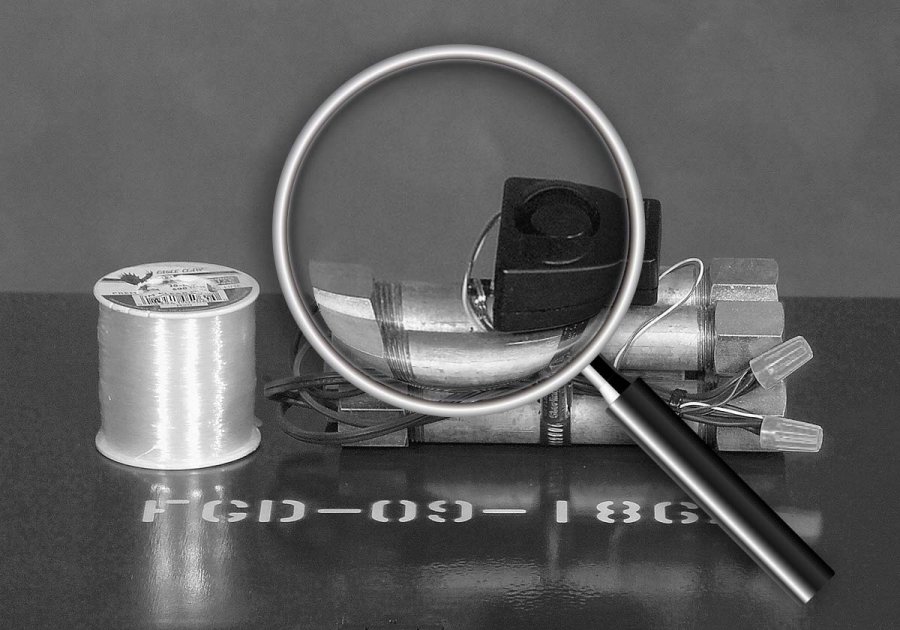Online dating is becoming increasingly more prevalent in today’s society, but if you’re considering jumping on the bandwagon, be warned – an alarming one in ten profiles on dating websites are found to be scams.
How do scams work? Well, generally, a con artist will take photos from open Facebook pages, blogs, anywhere they can, really. Then, they’ll craft a fake profile and begin targeting people who are looking for love – usually middle-aged women who are divorced, widowed and/or disabled, but every age group and demographic is at risk.
Once you’ve formed a connection with this person, they will ask to move the conversation to a more private (and less secure) instant messaging service. Then, the requests will start. Whether it’s asking you to cash in cheques since he’s “out of the country”, asking you to forward him a package or asking for money for a plane trip (that will inevitably be cancelled due to an expired work visa or tragedy in the family), be warned that these are not labours of love – there’s a good chance you’ve just been unknowingly enlisted in an international crime wave.
Money laundering isn’t even the worst outcome of an online dating scam – one Western Australian woman was found dead in South Africa after flying there to visit the man she had been dating online for four years, over which time she had sent him over $100, 000. Her death was treated as suspicious and serves as a grim warning to people who may be victims of romance fraud.
This case should not serve as a deterrent from the world of online dating as a whole – that is not what we’re trying to do here. However, the risks and consequences of being caught in a scam are real, but if you can see the signs then they are easily avoided.
What are the signs of a potential dating scam? Here are our private eye’s top tips:
- Trigger warnings should ring if your suitor’s profile picture appears to be a glamour photo or military photo. Some of the biggest scams come from those pretending to be in the armed services, equipped with a believable sob story and an apparent need to settle down and move back home.
- If your suitor consistently asks you to leave the dating website you met through and instead communicate through email or Skype.
- Your suitor is quick to profess their love for you.
- Your suitor claims to be local and living overseas, but makes easy mistakes when engaging in local-knowledge conversation (for example: local festivals and other events, places to eat and drink, the weather, etc.)
- Use of words like “dear” and old-fashioned romantic language, as well as badly formed sentences.
- Plans are made to visit you and are then called off at the last minute due to a tragic event in the family or a cancelled work visa.
- Your suitor asks for money for a variety of reasons: travel, medical emergencies, family support, etc.
The best way to avoid scammers is to stick to secure online dating websites. These are generally fitted with anti-scammer technology, that identifies scammers, blocks them from the website and adds their details to a master database that is accessible for other online dating companies. Smaller niche dating websites may not be fitted with this technology, leaving you vulnerable to attack.
If you feel that you have encountered an online scammer please alert the online dating agency or social media platform you met them through and make immediate contact with a private investigator or local police.
(Image from Shutterstock)


